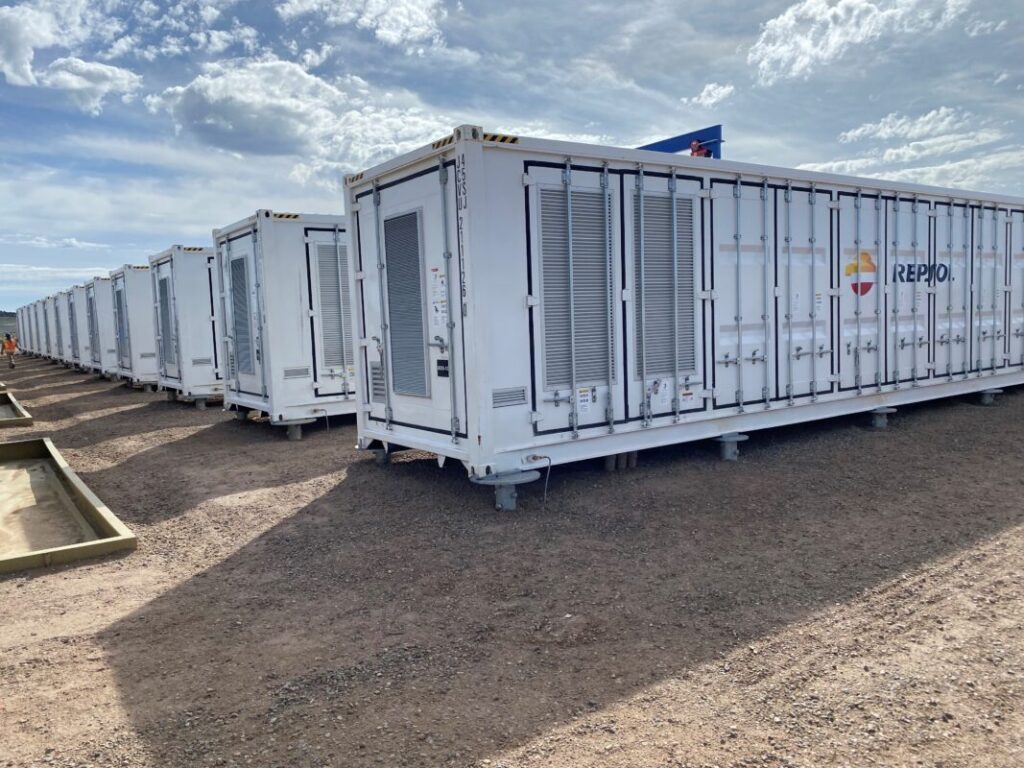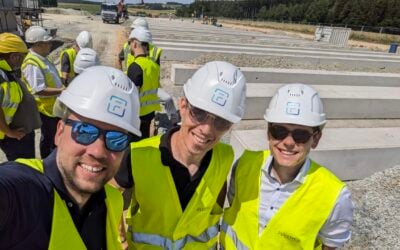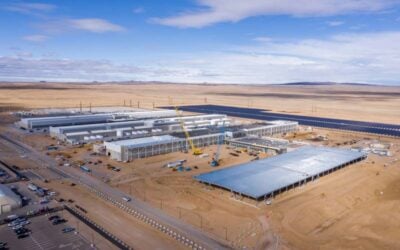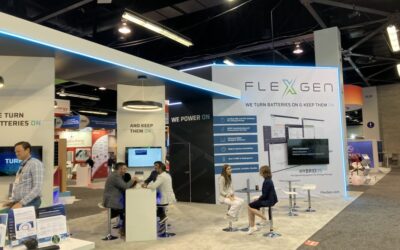
Cloud-based battery analytics provider ACCURE is monitoring a fleet of large-scale battery storage systems in Germany for Iqony, a subsidiary of utility Steag.
ACCURE, a spin-out from the research labs at German technical university RWTH Aachen University, has developed artificial intelligence (AI)-driven software that leverages operational and laboratory data to determine and forecast battery health.
Enjoy 12 months of exclusive analysis
- Regular insight and analysis of the industry’s biggest developments
- In-depth interviews with the industry’s leading figures
- Annual digital subscription to the PV Tech Power journal
- Discounts on Solar Media’s portfolio of events, in-person and virtual
The software has been onboarded at 90MW of Iqony’s grid-scale battery energy storage system (BESS) assets across Germany at six projects, each of 15MW power output to the grid.
The agreement with Iqony was announced today (15 October), although the software has been continuously monitoring the sites since September last year, ACCURE said.
The BESS assets’ main application is in the frequency containment reserve (FCR) ancillary service market. Iqony head of asset performance Michael Springer said the software “drives operational efficiency and health by giving us a holistic view of our storage sites.”
The idea is that predictive analytics offer a window into battery performance at the cell level, which means that asset owners can view more accurate predictions of metrics including state of health (SoH) and state of charge (SoC) which impact battery degradation profiles, safety, and availability.
ACCURE and rivals, including fellow German company TWAICE, would argue that this means cloud-based analytics can give a fuller picture than relying on battery management system (BMS) level data and other integrated monitoring components.
New Mexico BESS added to ACCURE analytics monitoring portfolio
In an interview with ESN Premium earlier this year, ACCURE CEO Kai-Philipp Kairies said that demand for the company’s analytics solution, which was first offered into the electric vehicle (EV) sector, has grown rapidly in the BESS space.
Kairies said that in a year leading up to our interview at the Energy Storage Summit EU in February, ACCURE went from monitoring around 10 battery storage sites to more than 40. Spread across various geographical markets, the smallest of those sites was 10MWh, and the largest was 200MWh, according to the CEO.
Towards the end of September, ACCURE announced that it had agreed to monitor and optimise the performance and reliability of a large-scale battery asset in New Mexico, US, for the asset owner, Spanish multinational energy company Repsol.
The German company’s predictive analytics platform will continuously monitor Repsol’s 20MW/80MWh Jicarilla BESS project in the northern New Mexico Jicarilla Apache Nation indigenous community, located near a 62.5MW Repsol solar PV plant of the same name.
The analytics software will enable Repsol to implement corrective actions to resolve any detected issues before they cause serious problems and track performance after maintenance has been carried out.
It will also deploy a warranty tracking tool, which ensures that the battery storage system is being operated within the limits of the agreed parameters of its warranty against metrics such as temperature.
The application of analytics has a broad base of use cases, such as assisting and accelerating the commissioning process, ensuring the prediction and prevention of thermal runaway that can cause fires, and even helping asset owners to get improved insurance terms, as ACCURE recently did for UK-based investor-developer Gore Street Capital and its Gore Street Energy Storage Fund. The two companies participated in an Energy-Storage.news webinar on analytics for BESS insurance in May, along with broker PIB and insurer HDI Global. Rival TWAICE scored a similar deal in June.






